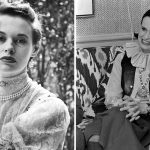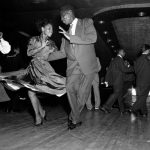Hollywood is full of legendary stories, but few are as strange as the time Swedish actress Anita Ekberg fired a bow and arrow at paparazzi in Rome.
Ekberg, best known for her unforgettable role in La Dolce Vita (1960), led a life full of glamour, intrigue, and boldness.
This event is just one of many fascinating anecdotes from the golden age of cinema, a time when stars fiercely protected their privacy in an era before social media.
The Rise Of A Global Star: From Miss Sweden To Movie Icon
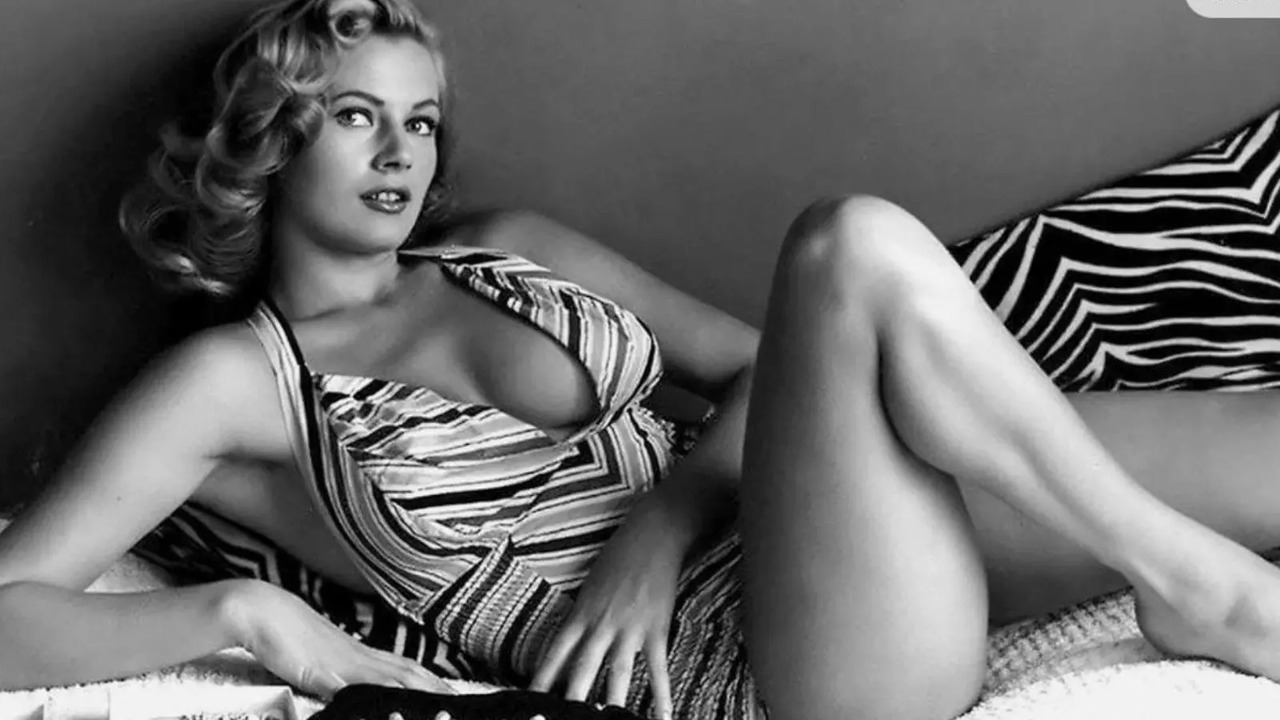
Kerstin Anita Marianne Ekberg was born in Malmö, Sweden, in 1931, one of eight children.
Her journey to stardom began in her teens when she became a model, eventually being crowned Miss Sweden at 20.
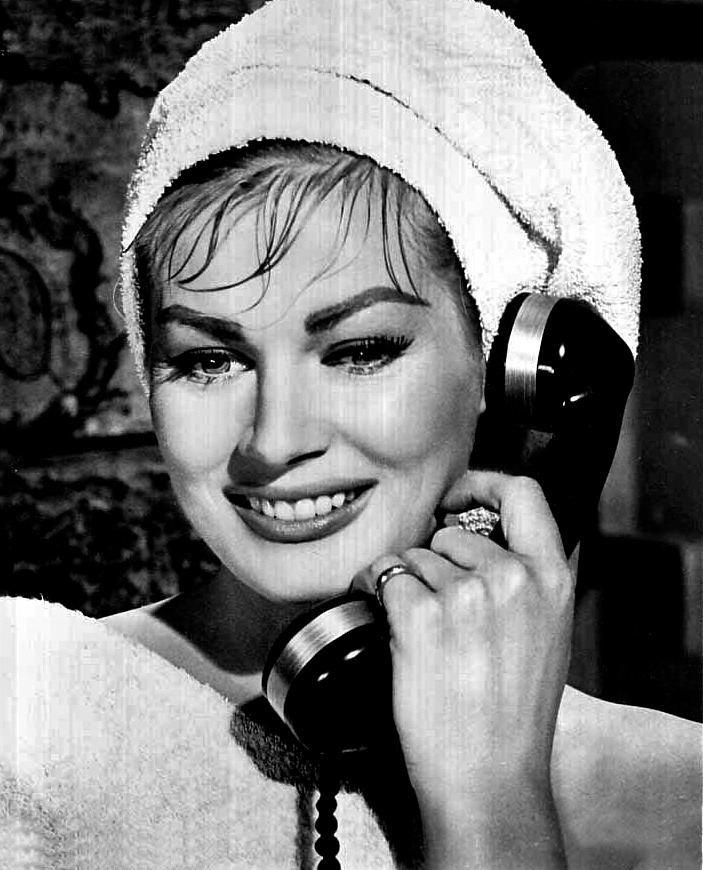
Soon after, Ekberg was invited to participate in the Miss America pageant, a turning point that opened the doors to Hollywood.
She did not win the pageant but caught the attention of talent scouts.
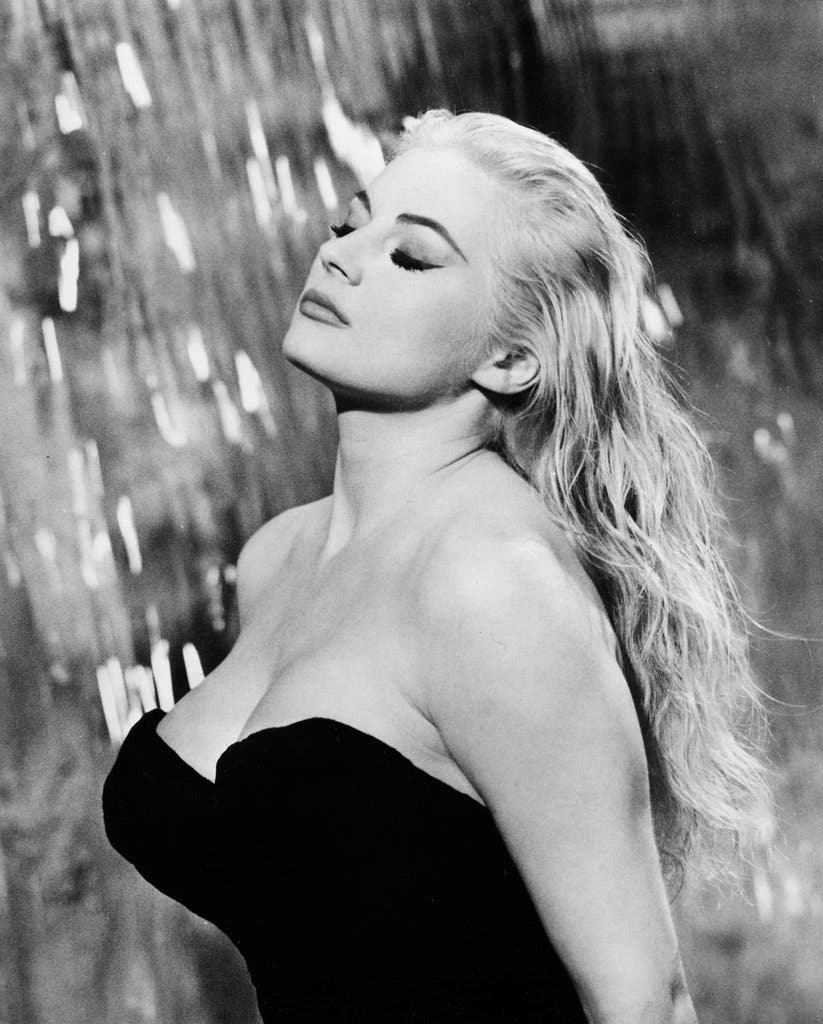
Ekberg’s cinematic breakthrough came with La Dolce Vita, directed by Federico Fellini. The film, which won the Palme d’Or at Cannes, featured her in the iconic Trevi Fountain scene.
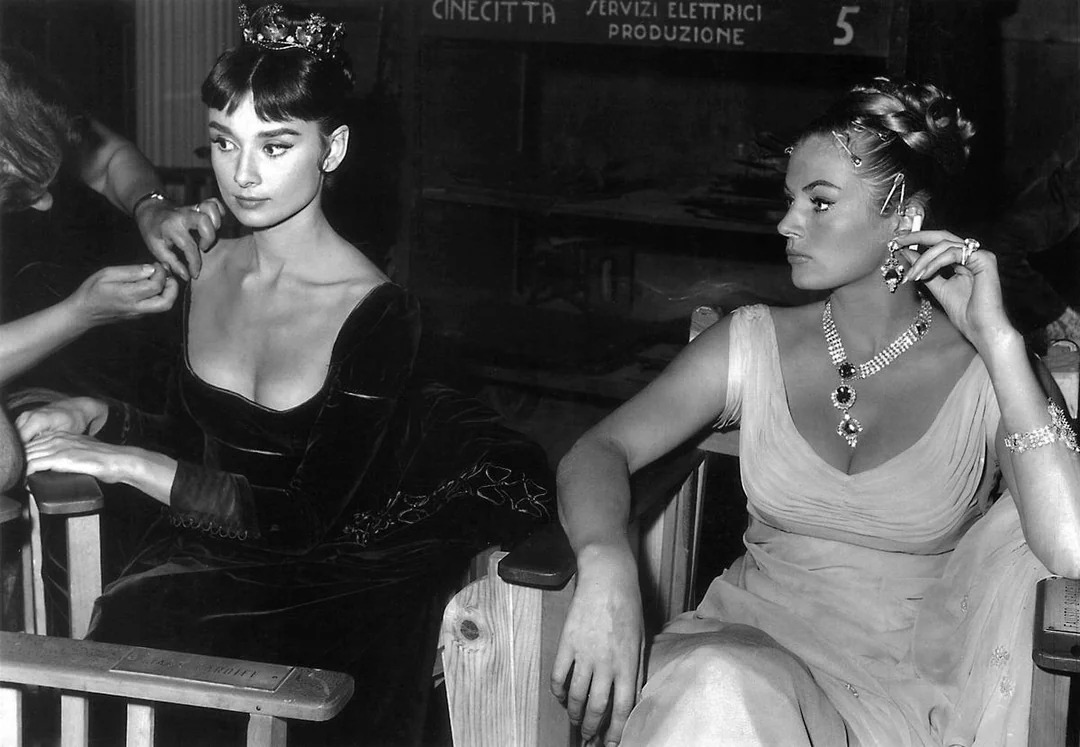
The role forever cemented her place in Hollywood history as a symbol of beauty and allure.
A Fiery Encounter: When Fame Turned Dangerous
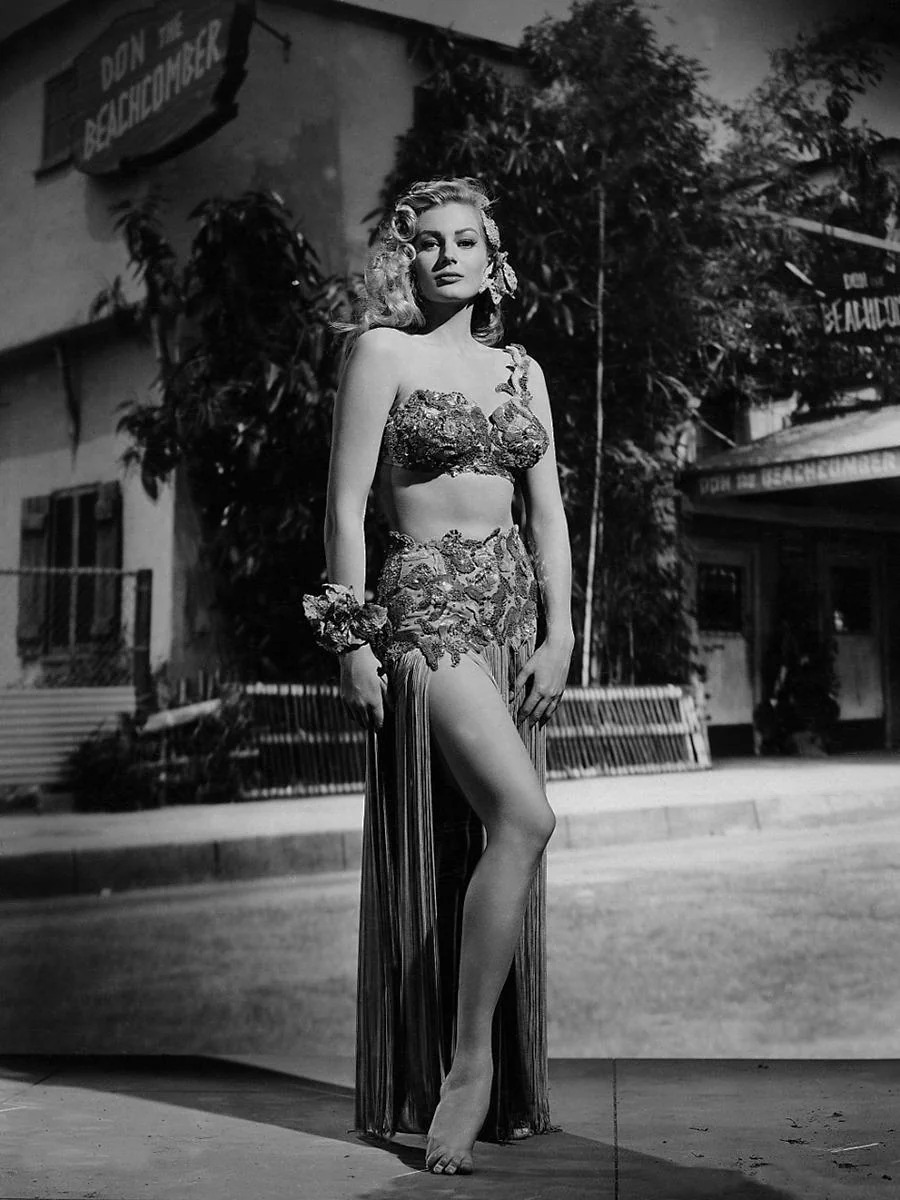
In 1960, after the worldwide success of La Dolce Vita, Ekberg found herself under constant media scrutiny.
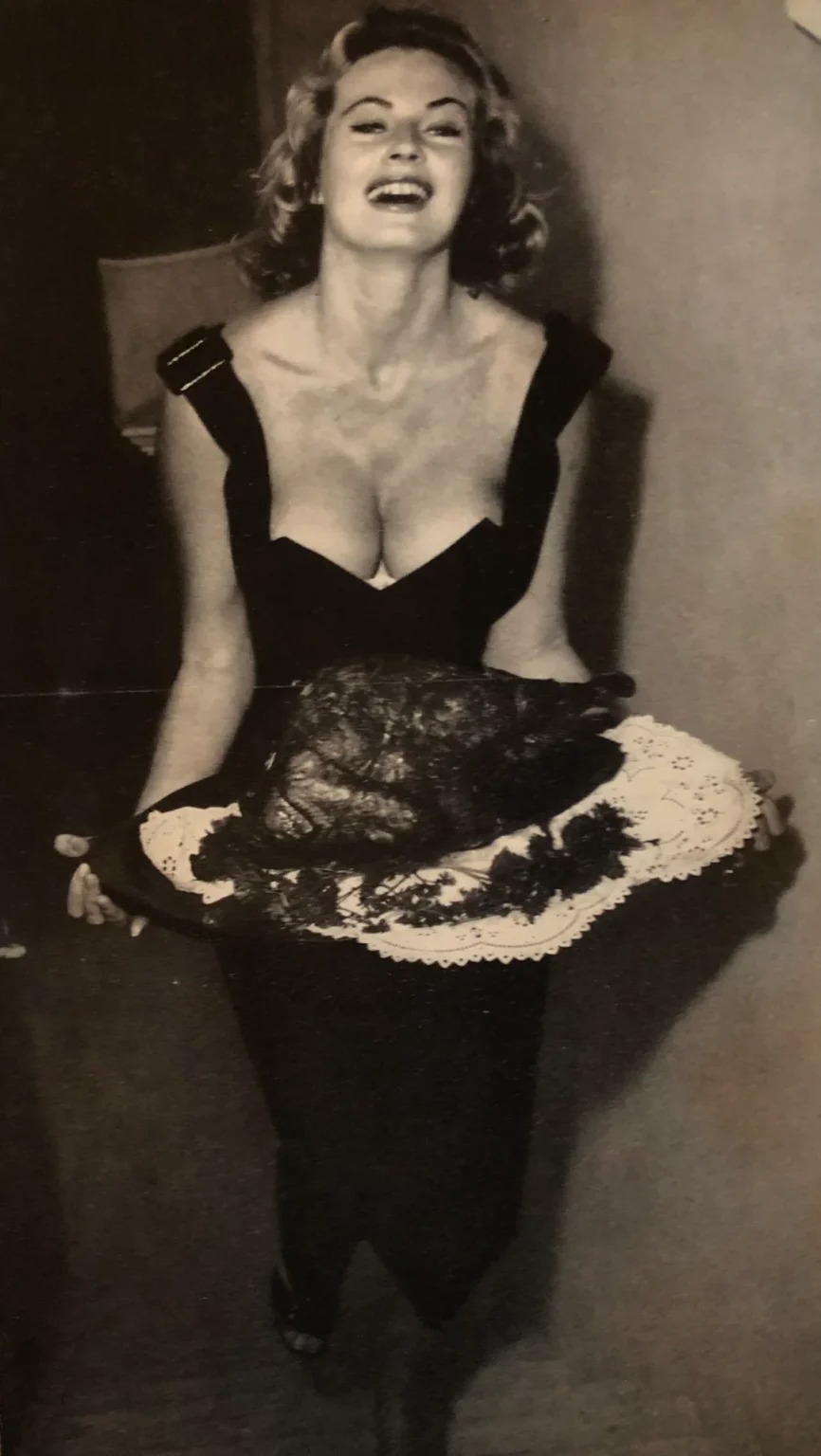
Paparazzi in Italy, inspired by Fellini’s depiction of the intrusive “Paparazzo” in the film, were notorious for their aggressive tactics.
One night, after an evening out in Rome with a film producer, Ekberg had had enough.
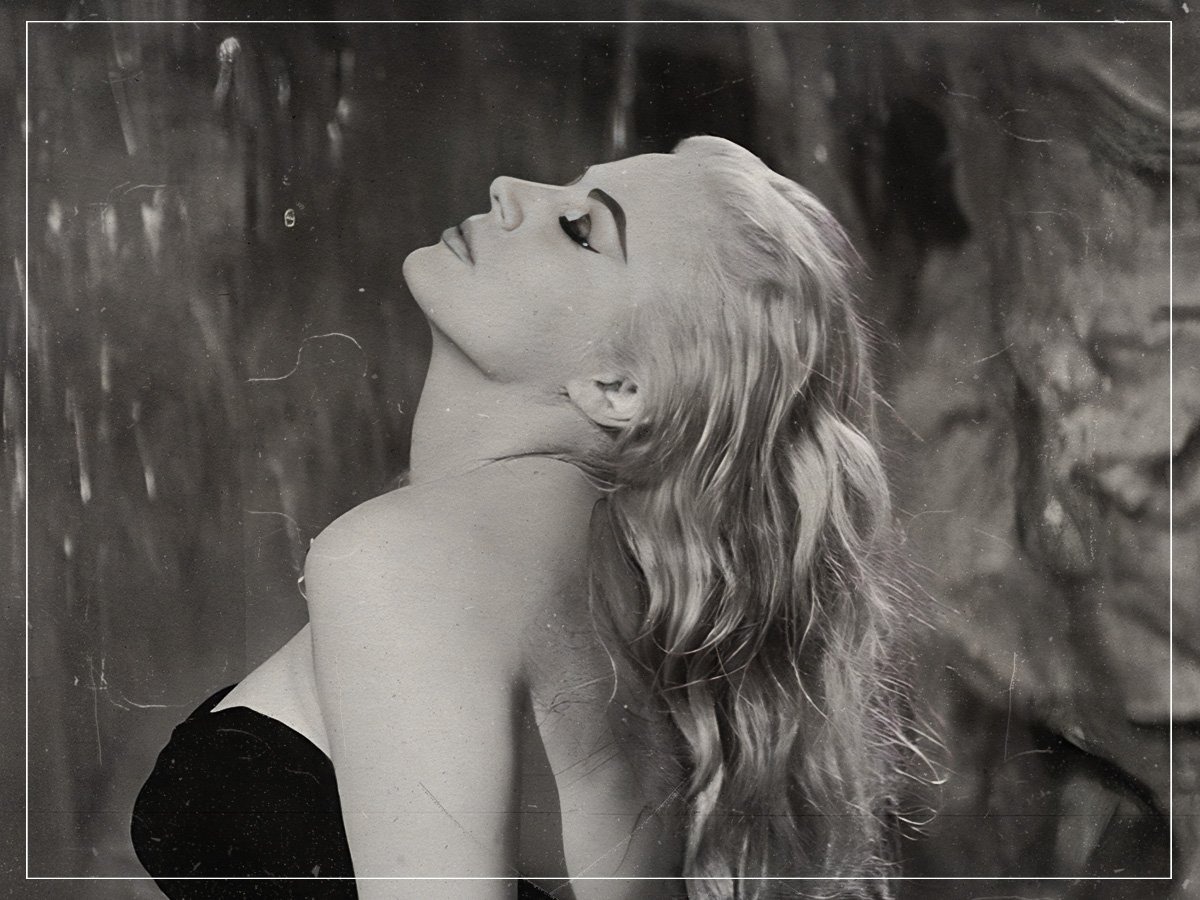
As she entered her villa, several photographers, including the infamous Felice Quinto, were lurking outside, trying to capture photos of her.
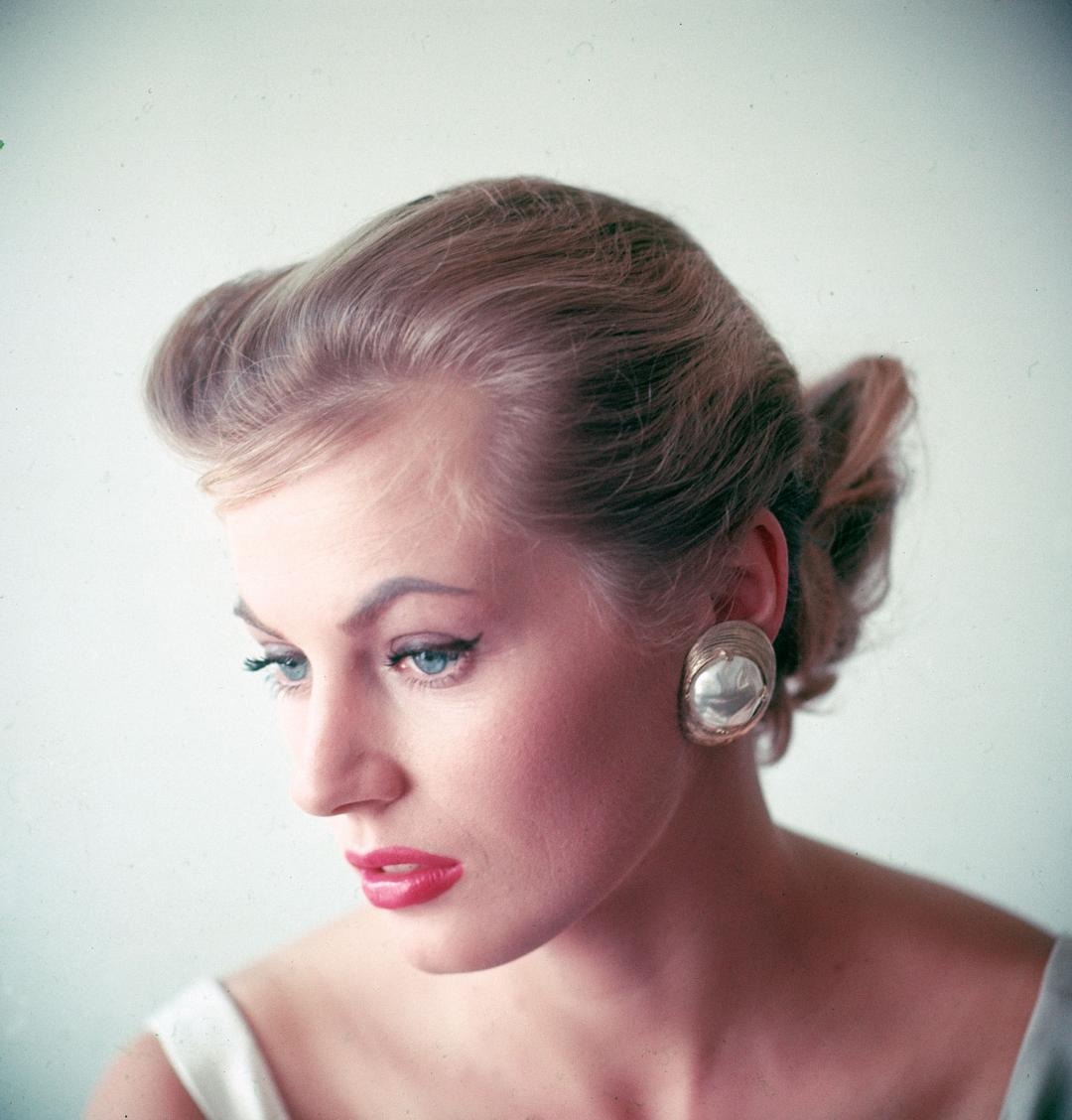
According to Quinto, as they were getting ready to leave, Ekberg, still dressed in her evening gown, emerged barefoot, holding a bow and arrow.
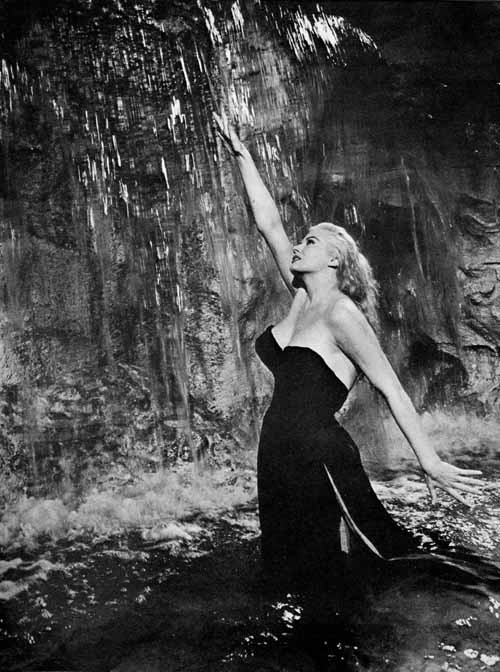
An article from the Herald-Journal in October 1960 described what happened that night with Anita Ekberg and the paparazzi. Photographer Felice Quinto said, “We took pictures of them going into the house.”
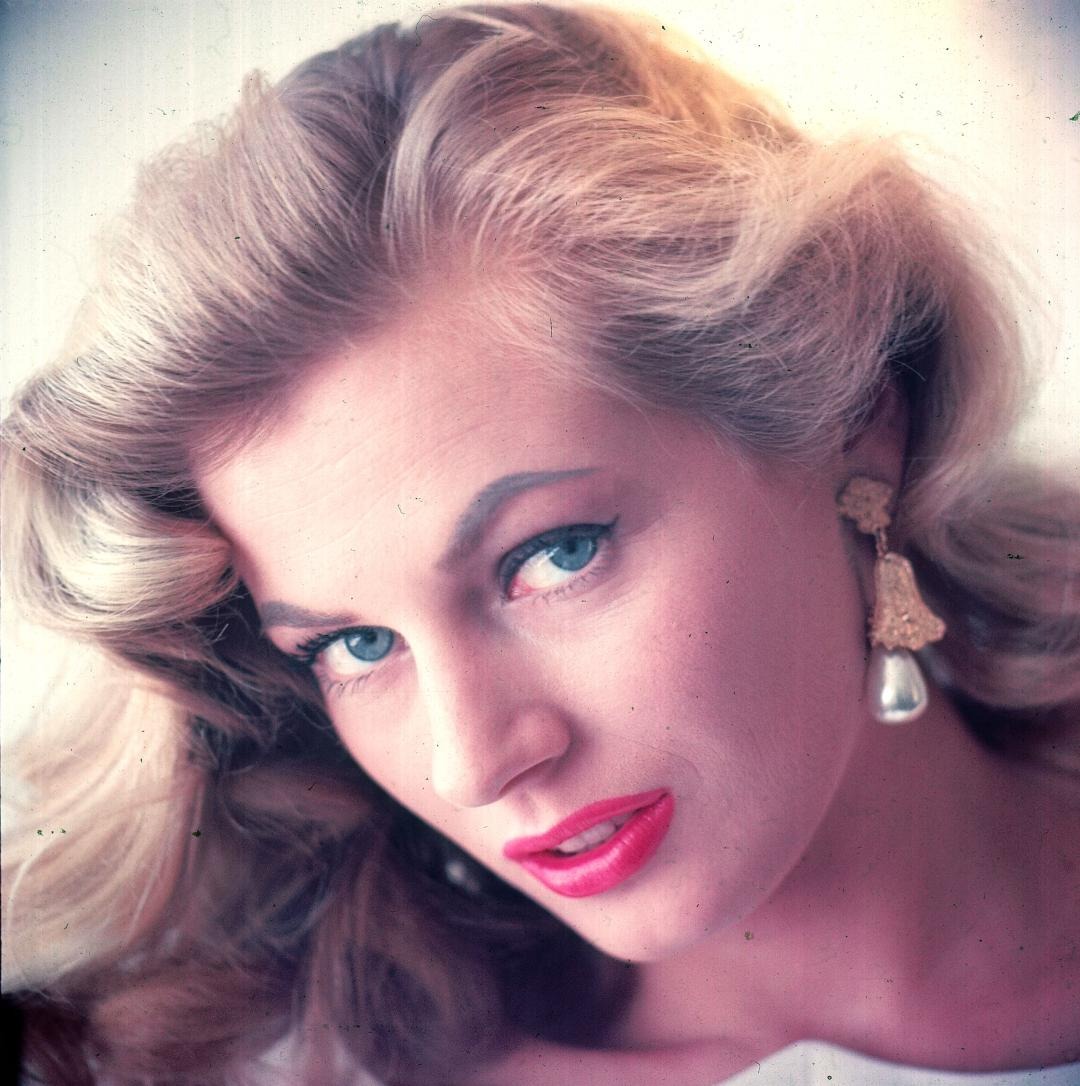
As the photographers were getting ready to leave on their motorbikes, Ekberg ran out with a bow and arrow.
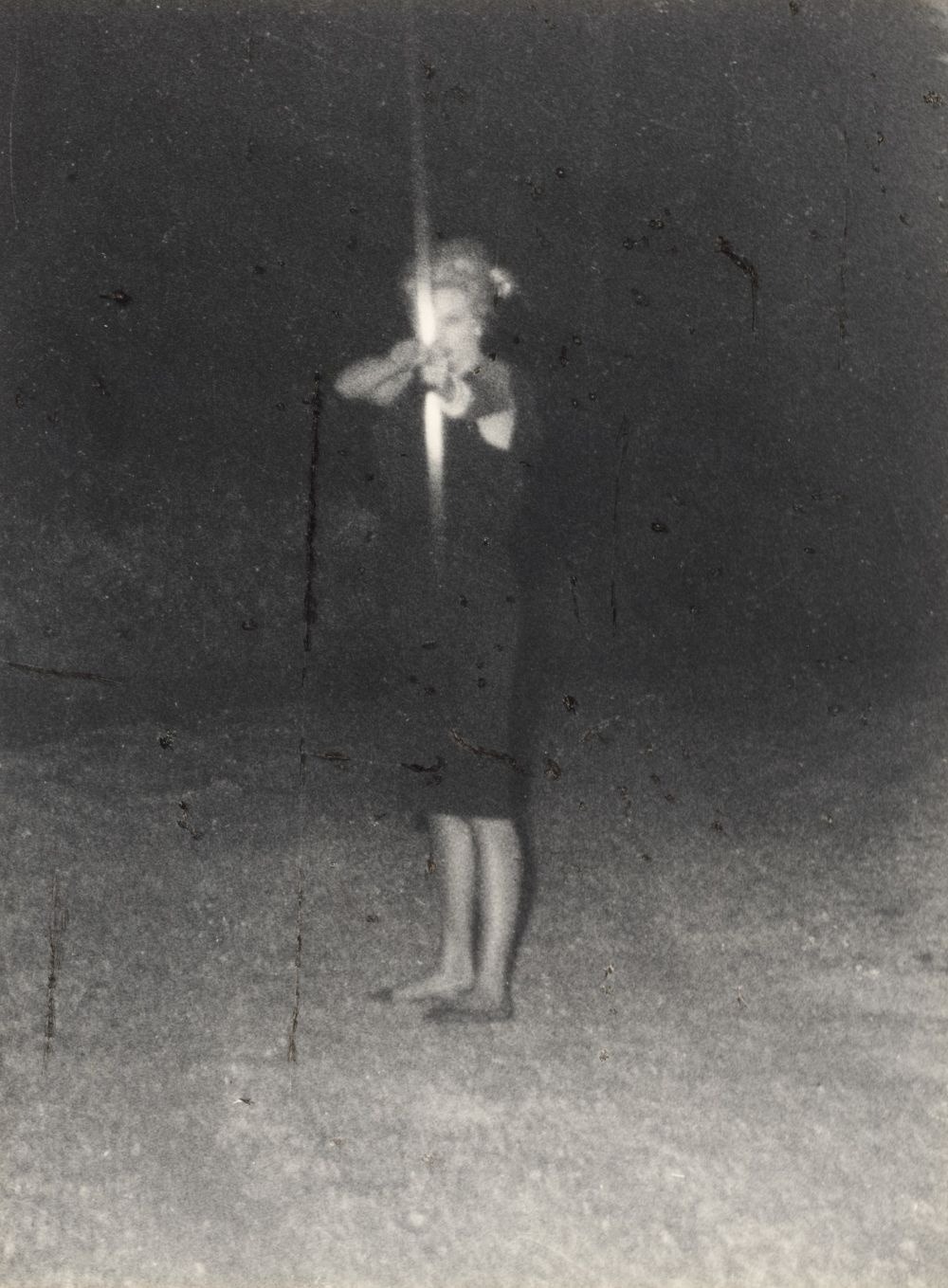
It was a cold night, and she was wearing a tight black dress with no shoes. Quinto said she yelled, “Give me those pictures!” and then started shooting arrows.
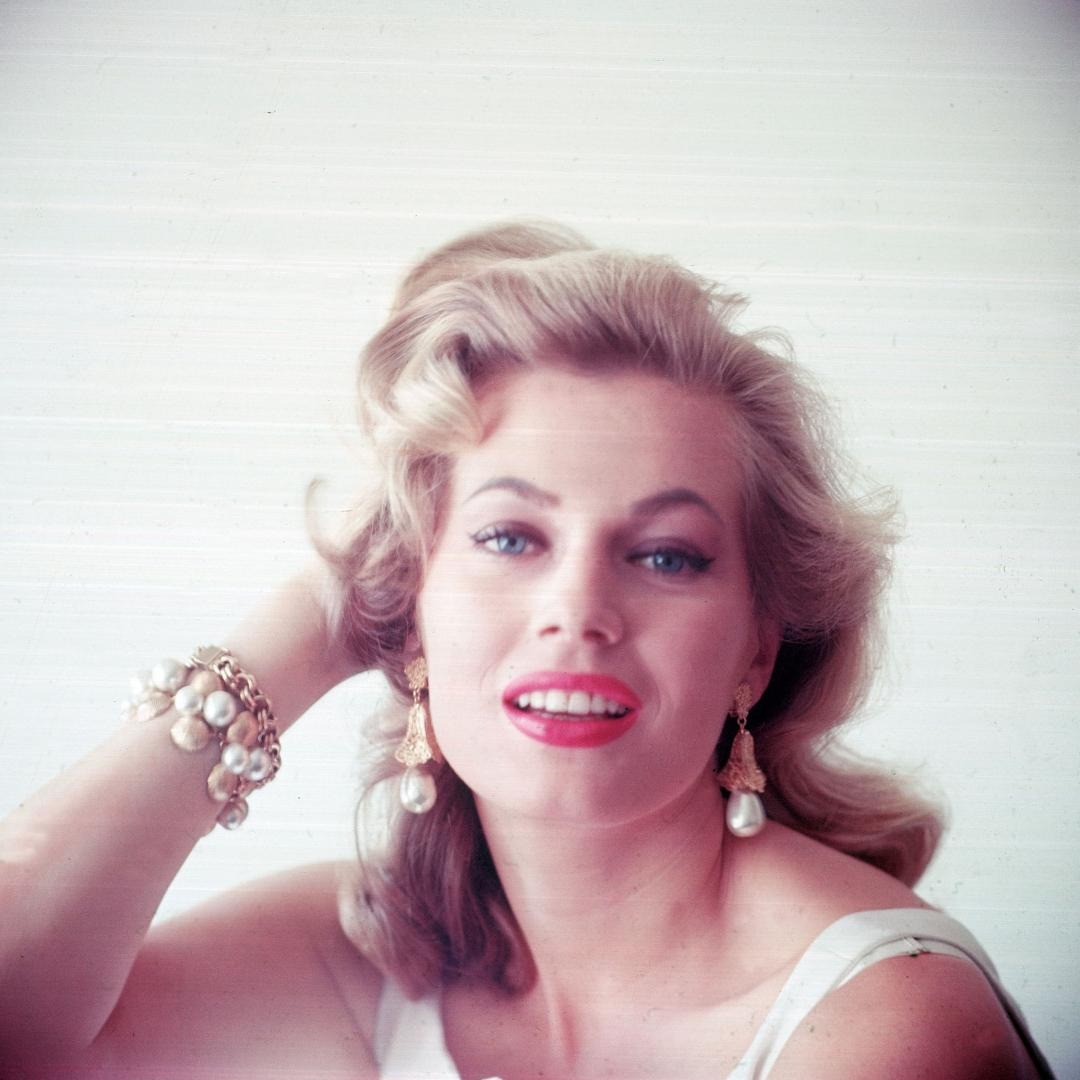
Ekberg, who had trained in archery for a role, fired arrows at the fleeing paparazzi. One arrow hit Quinto in the arm, and two arrows hit another photographer in the back.
Life Beyond Cameras: Ekberg’s Reflection On Fame
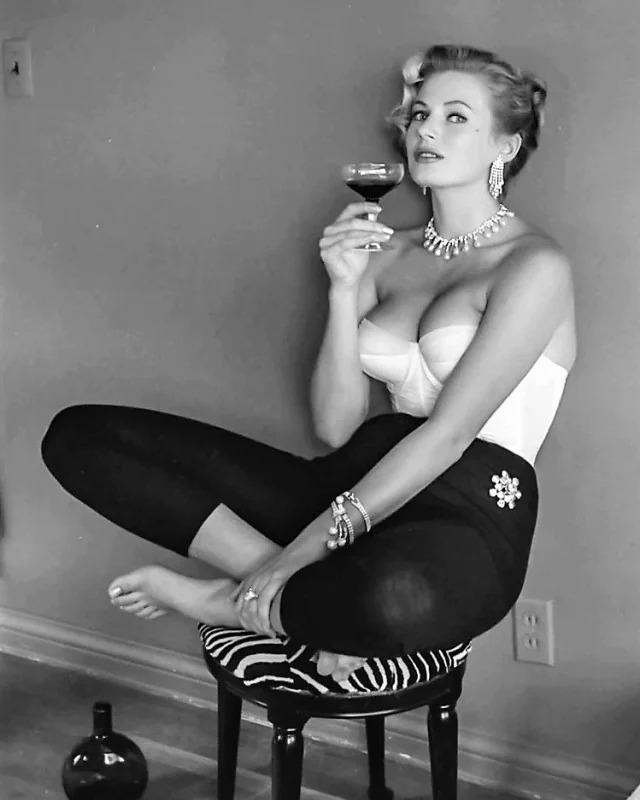
Ekberg’s remarkable confrontation with the paparazzi didn’t end her career, but it did mark a turning point in her relationship with the press.
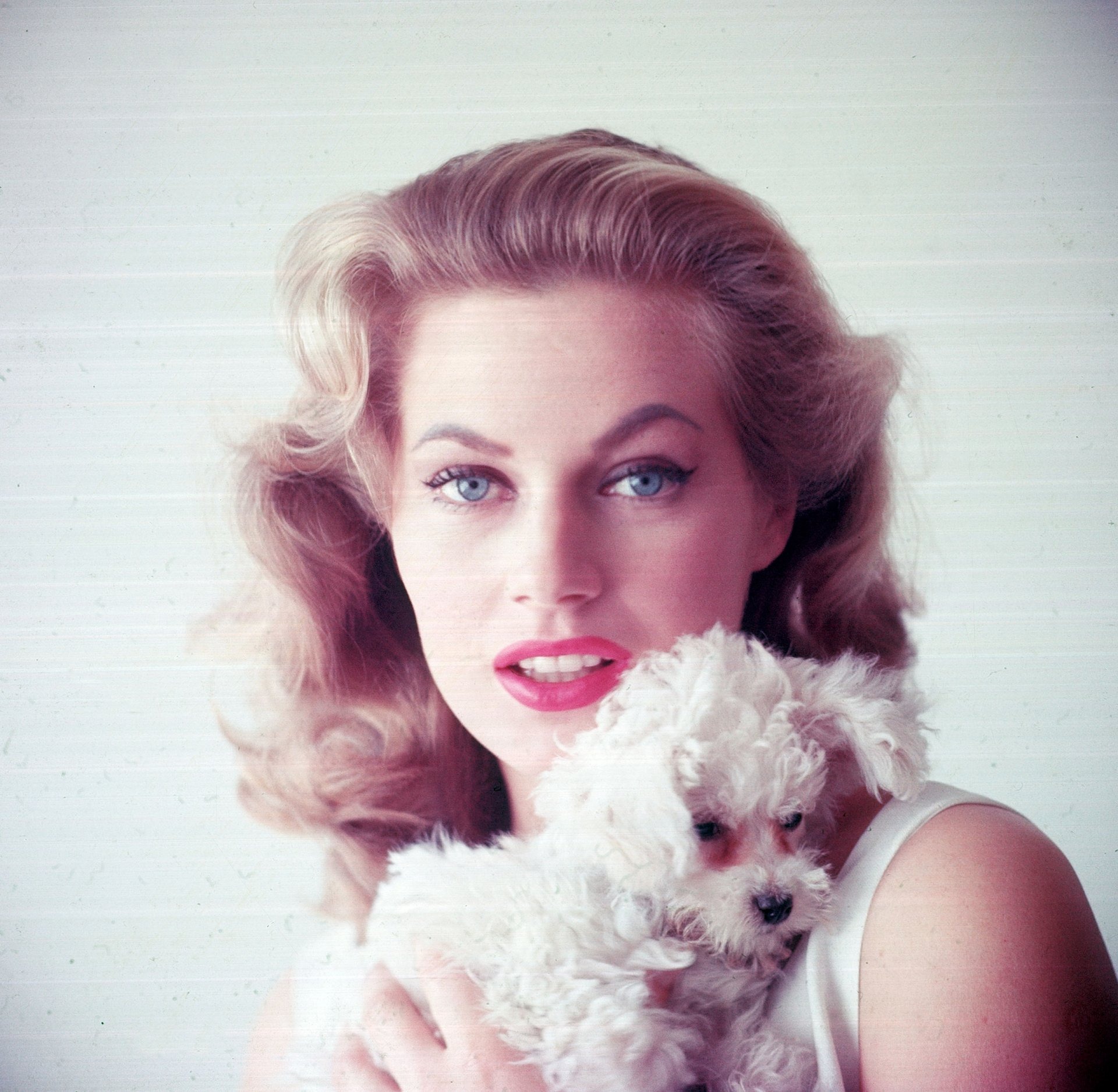
In interviews later in life, she often reflected on the burdens that came with fame. She once told Entertainment Weekly, “When you’re born beautiful, it helps you start in the business. But then it becomes a handicap.”
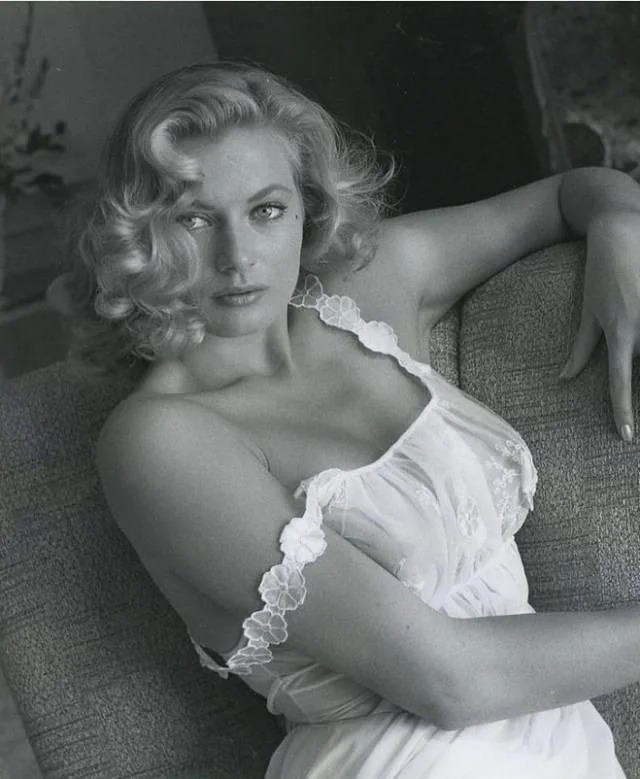
Ekberg continued to work in film, starring in over 50 productions, including ‘War and Peace’ (1956) and ‘4 for Texas’ (1963).
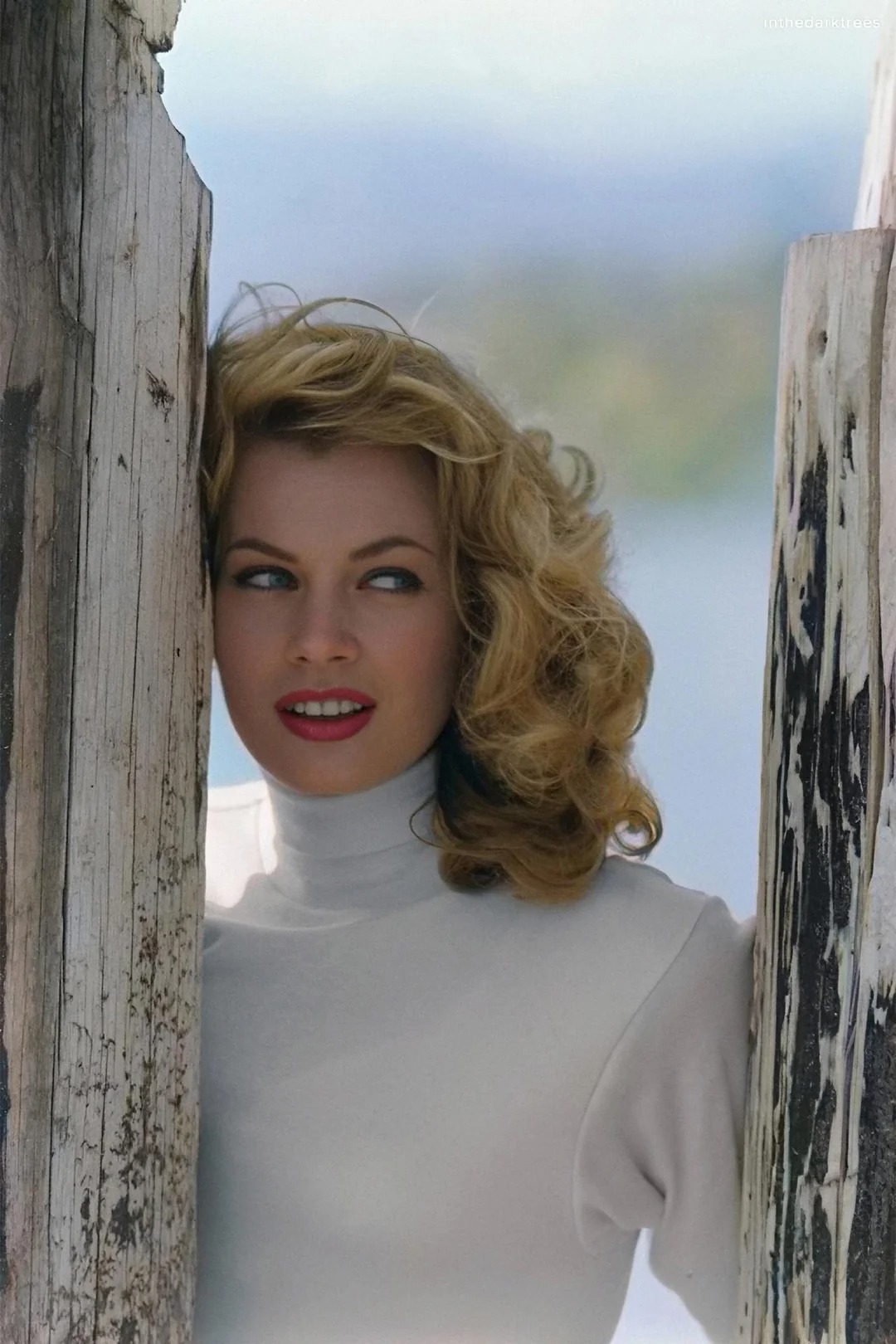
She also collaborated with Fellini on several occasions after ‘La Dolce Vita’, including ‘Boccaccio 70’ (1962) and ‘The Clowns’ (1970).
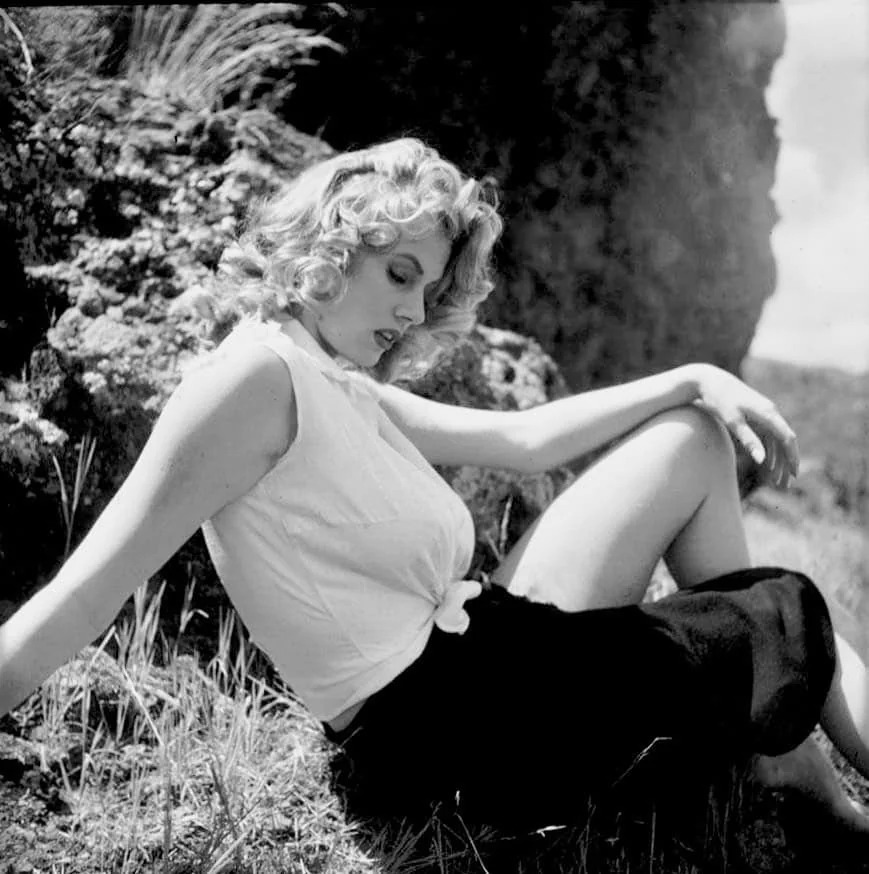
Her career spanned over five decades, but her relationship with the media remained strained.
Cost Of Fame: Privacy In The Golden Age Of Hollywood
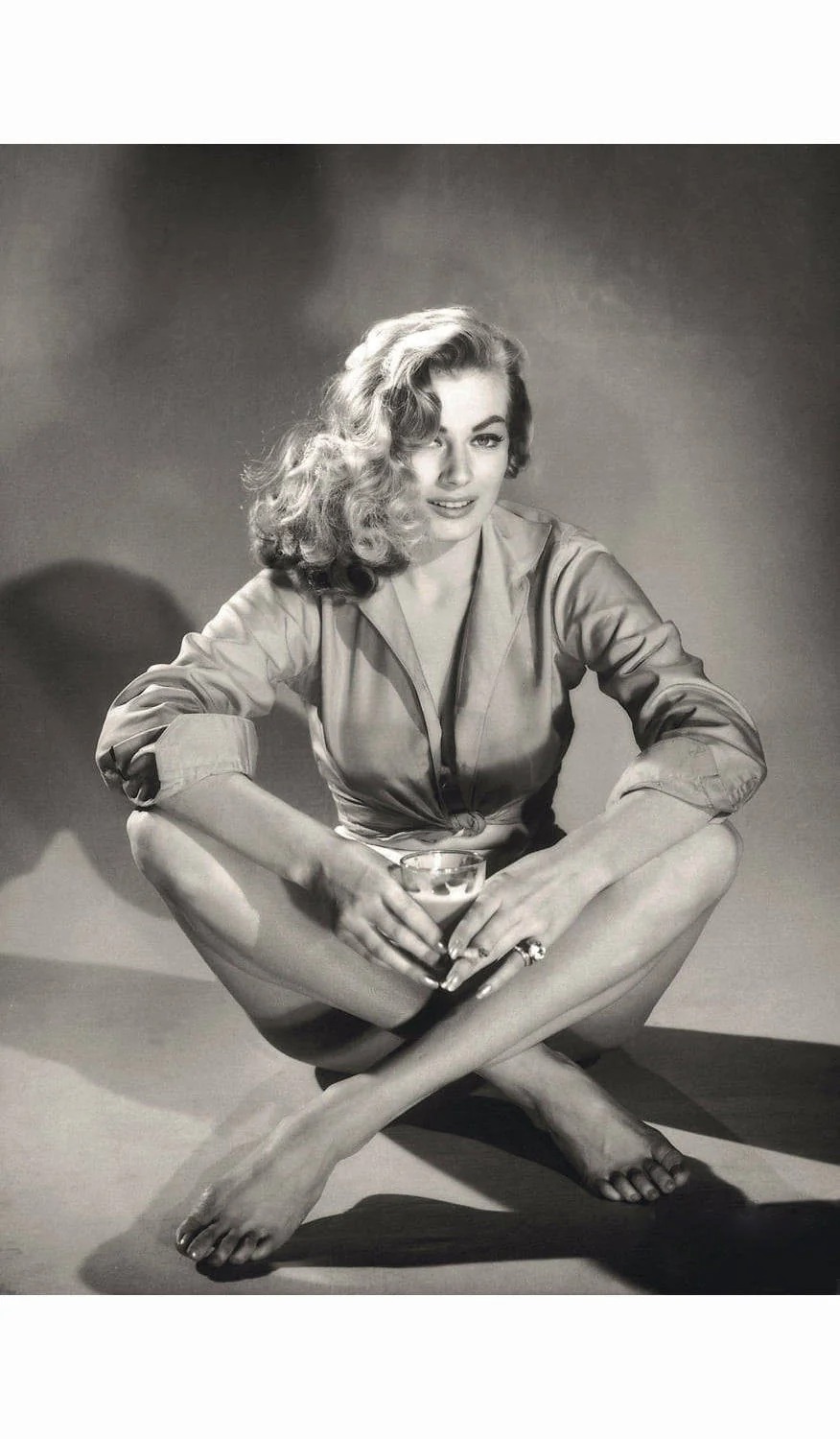
The archery incident reveals the darker side of fame in the golden age of Hollywood. Stars like Ekberg lived under a constant microscope, their lives becoming fodder for public consumption.
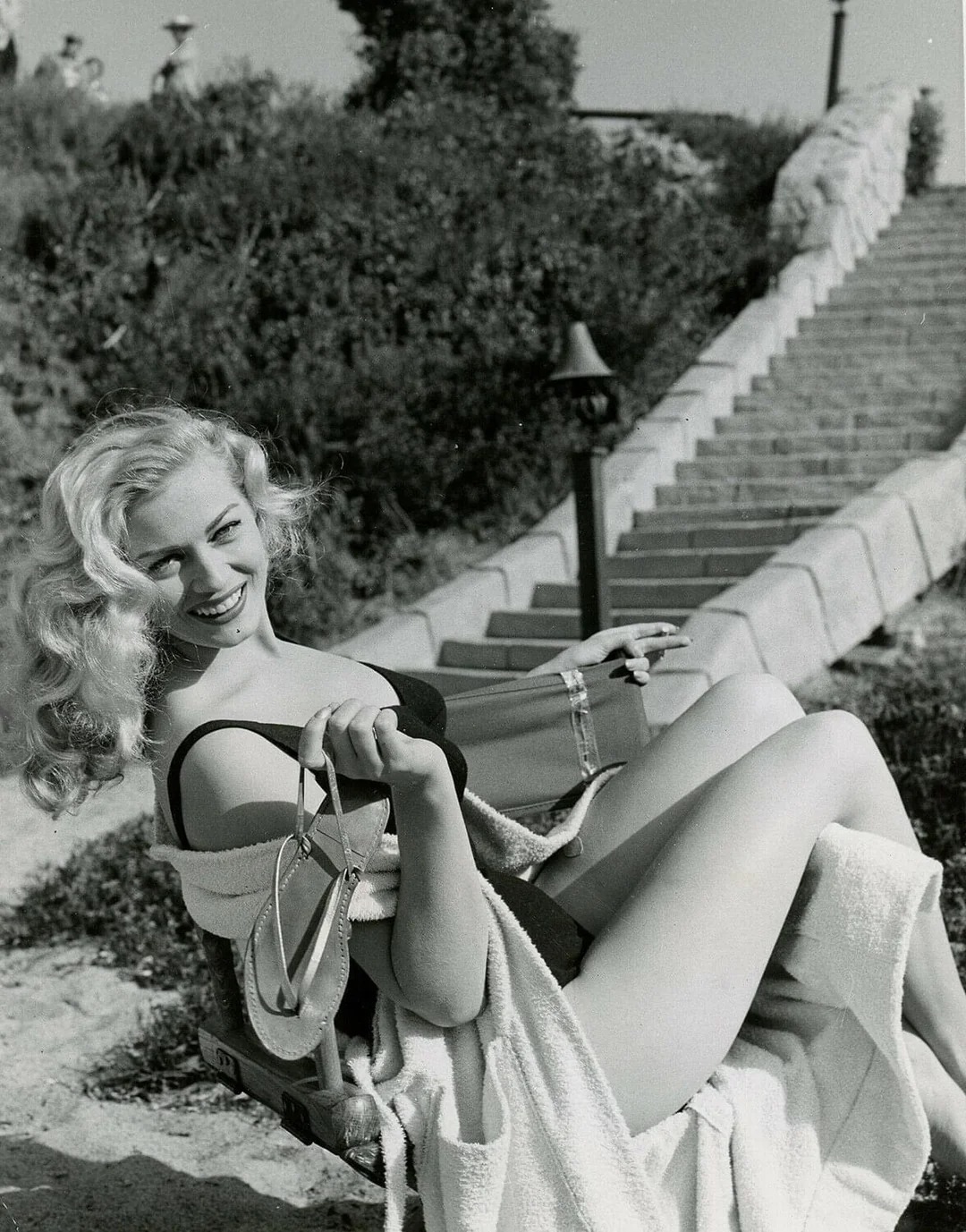
In Italy, the paparazzi were a relentless force, with photographers like Felice Quinto using whatever means necessary to get the shot.
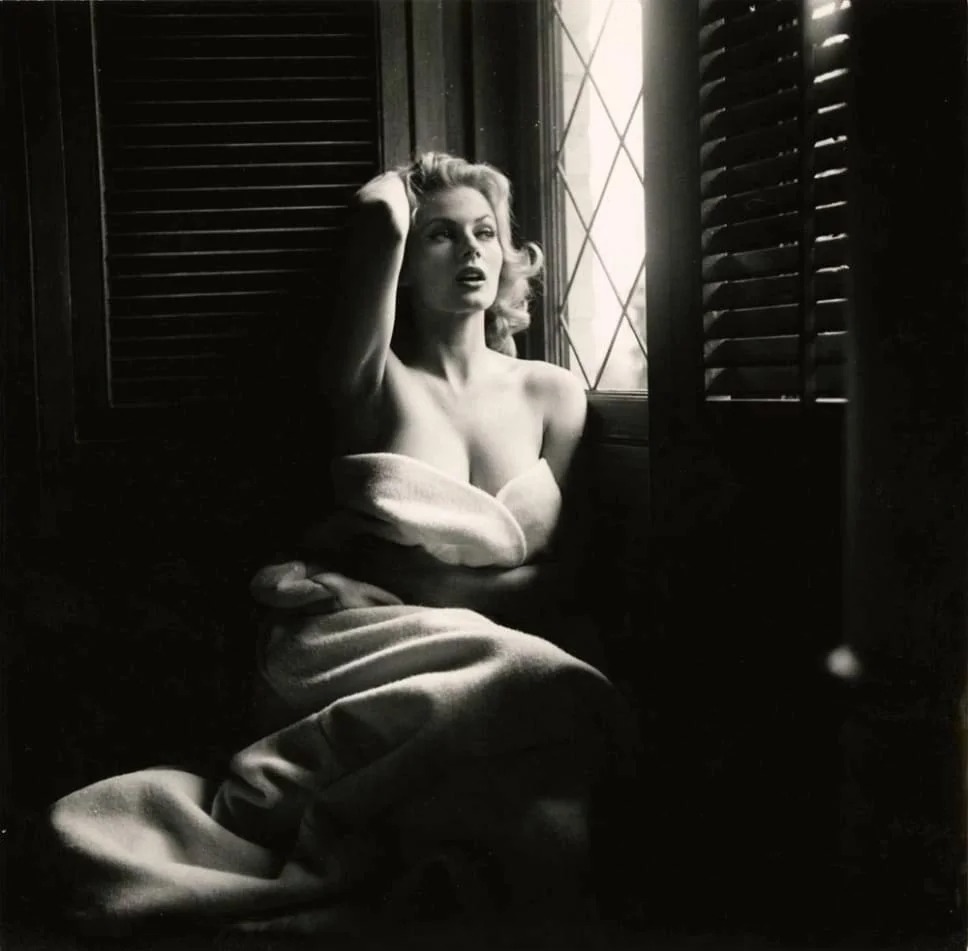
The term “paparazzi” itself comes from La Dolce Vita, and Ekberg’s real-life experience mirrored the fictional struggles faced by characters in the film.
An Unforgettable Legacy
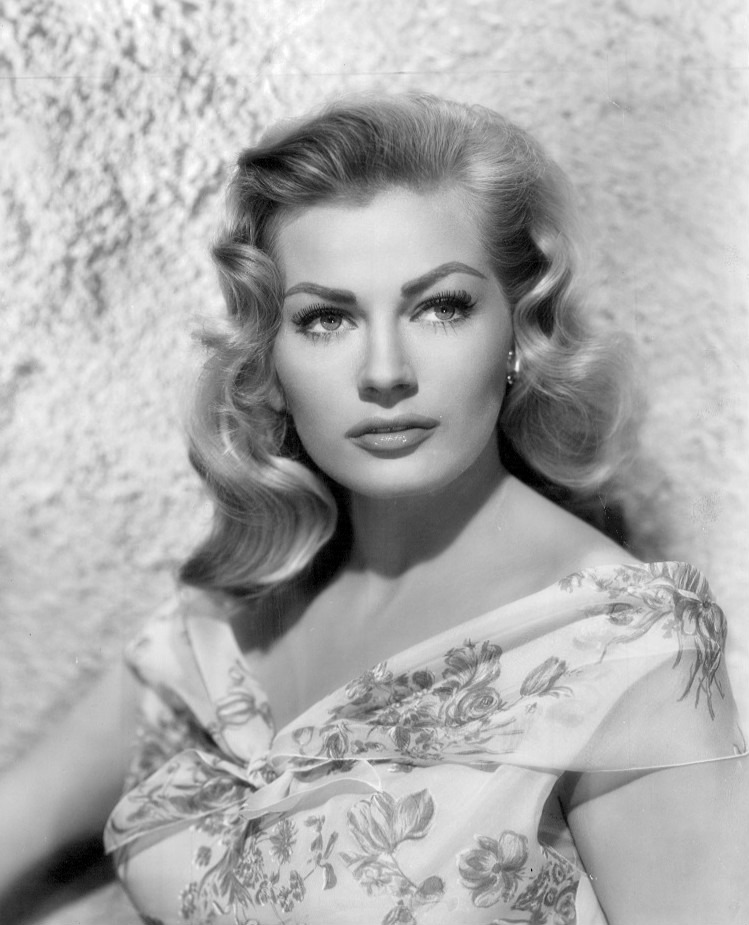
Anita Ekberg passed away in 2015 in Italy, the country that had become her second home. She lived to be 83, reflecting in later interviews on a life filled with highs and lows.
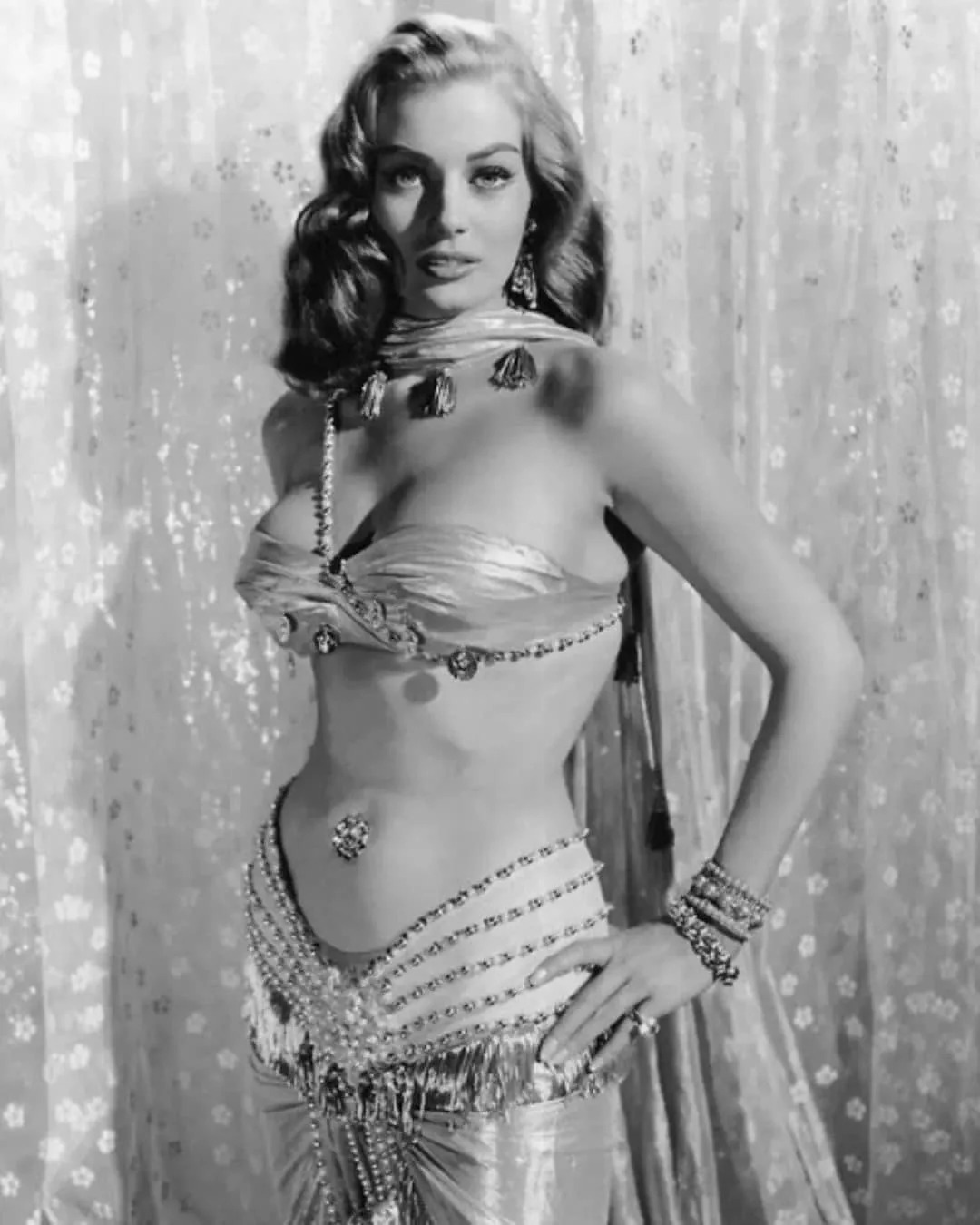
In a 1999 interview with The New York Times, Ekberg remarked, “They would like to keep up the story that Fellini made me famous, Fellini discovered me. So many have said they discovered me.”
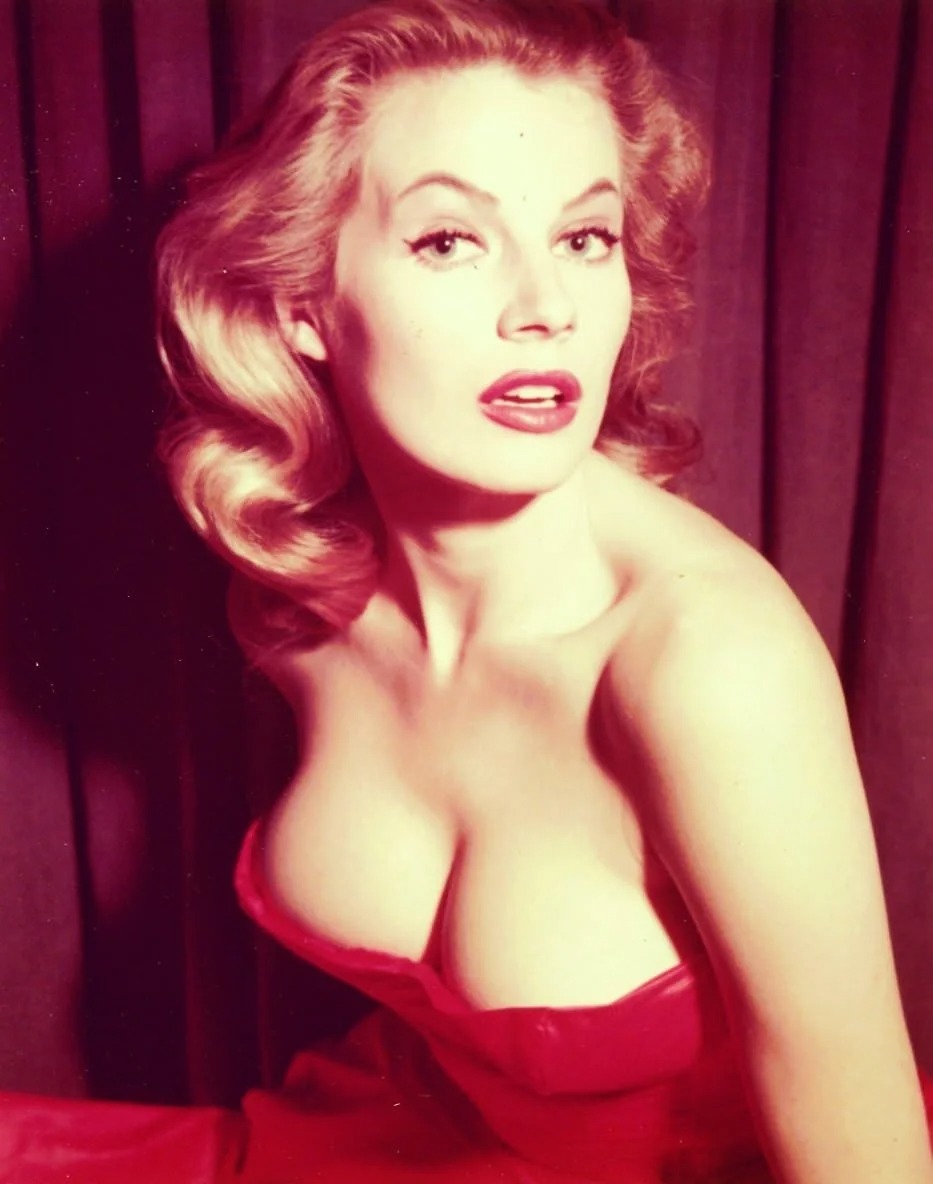
Despite her fiery nature, Ekberg remained introspective in her final years. On her 80th birthday, she was asked if she felt lonely.
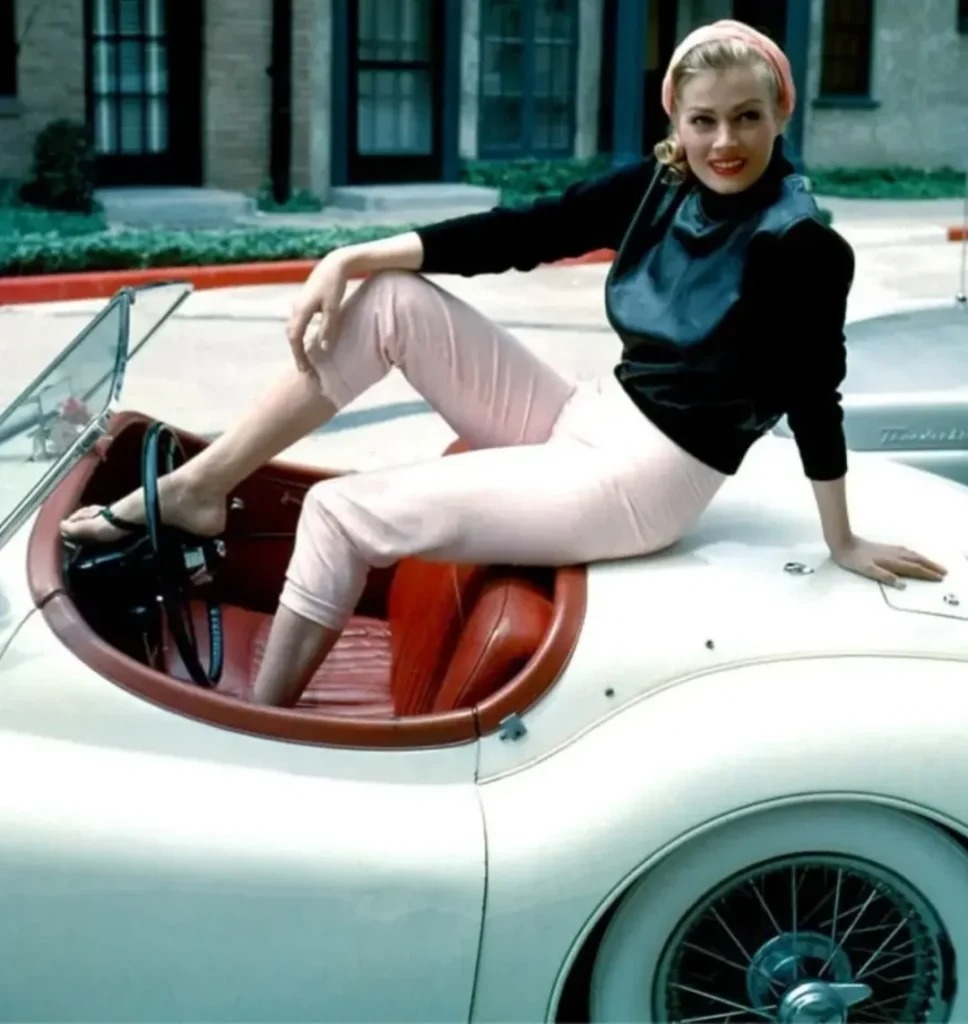
Her response? “Yes, a bit. But I have no regrets. I have loved, cried, been mad with happiness. I have won and I have lost.”

